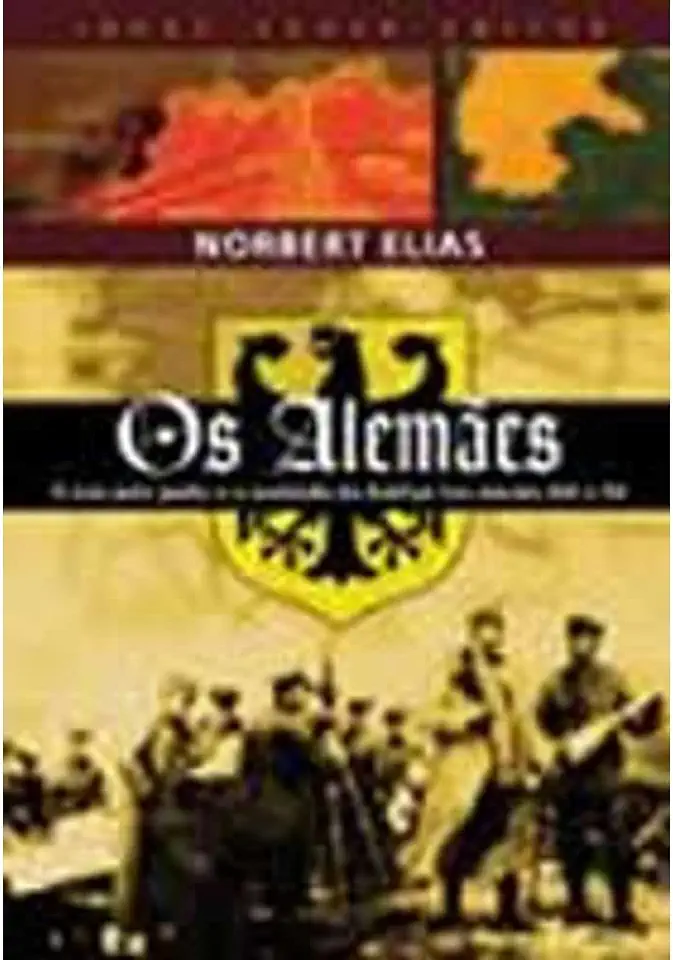
The Germans - Norbert Elias
The Germans: Power Struggles and the Development of Habitus
In his seminal work, "The Germans: Power Struggles and the Development of Habitus," Norbert Elias delves into the intricate tapestry of German history, tracing the evolution of German society from the Middle Ages to the modern era. Elias argues that the unique trajectory of German development can be attributed to a complex interplay of power struggles, social structures, and the formation of distinct habitus among various social groups.
Power Struggles and the Rise of the State
Elias begins by examining the power dynamics that shaped German society during the Middle Ages. He argues that the decentralized nature of the Holy Roman Empire, with its multitude of small principalities and free cities, fostered a culture of competition and conflict among the German elites. This constant struggle for power led to the emergence of a strong state apparatus, as the central authority sought to consolidate its control over the fractious territories.
The Formation of Social Classes and Habitus
As the state grew in power, it began to exert a profound influence on the social structure of Germany. Elias identifies the formation of distinct social classes, each with its own unique habitus, as a crucial factor in shaping German society. The aristocracy, the bourgeoisie, and the peasantry developed distinct sets of values, norms, and behaviors that reflected their respective positions in the social hierarchy.
The Impact of Religion and Education
Elias also explores the role of religion and education in shaping German society. He argues that the Protestant Reformation, with its emphasis on individual conscience and the rejection of ecclesiastical authority, had a profound impact on German culture. The spread of literacy and the rise of universities further contributed to the intellectual and cultural development of the German people.
The Unification of Germany and its Consequences
The culmination of Elias' analysis is the unification of Germany in 1871. He argues that the unification process, driven by the power struggles between the Prussian state and the other German states, led to the creation of a powerful nation-state. However, this unification also exacerbated the tensions between the different social classes and habitus, setting the stage for the conflicts and upheavals of the 20th century.
A Masterpiece of Historical Sociology
"The Germans" stands as a towering achievement in historical sociology. Elias' meticulous research, insightful analysis, and elegant prose combine to create a comprehensive and compelling account of German history. This book is essential reading for anyone seeking to understand the complex dynamics that have shaped one of the most influential nations in the world.
Why You Should Read "The Germans"
- Gain a deep understanding of German history and its impact on European and world affairs.
- Explore the fascinating interplay of power struggles, social structures, and habitus in shaping human societies.
- Discover the profound influence of religion, education, and cultural factors on the development of nations.
- Immerse yourself in a masterfully written narrative that brings German history to life.
Don't miss this opportunity to delve into the rich tapestry of German history and gain a deeper understanding of the forces that have shaped our world. Get your copy of "The Germans: Power Struggles and the Development of Habitus" today!